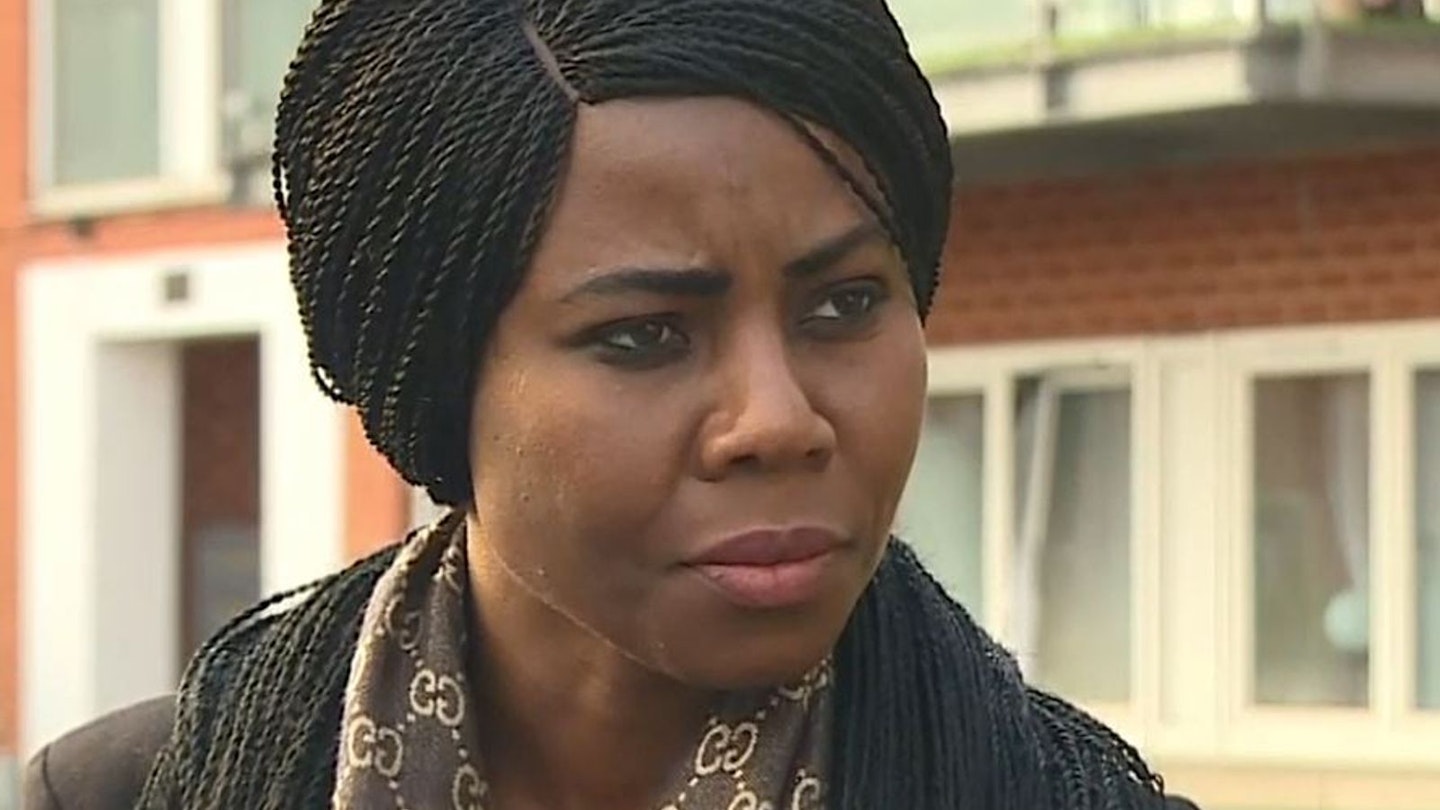The tragic death of Richard Okorogheye, a 19 year old student, who went missing from his home on March 22 has yet again highlighted the inequality in the value placed on Black lives in the UK. The police watchdog (IOPC) is currently assessing whether the Met police will be investigated over their handling of the case with his mother, Evidence Joel, highlighting major concerns about the treatment she received after she reported her son missing.
Speaking to Channel 4 News, Evidence Joel, a 39 year old Community Nurse explained that her concerns about her son's disappearance were “dismissed” because he wasn’t known by the police and she was regarded as “one of those African women just being frantic”. In a deeply moving moment she suggests that things may have been different if she had “perfect English”.
The lack of concern and media attention concerning the disappearance of Black men and women is not new. In March, Sarah Everard, a 33 year old white woman, went missing after walking home in Clapham, South London. There were widespread appeals across the media and searches took place across the country. Tragically a week later her body was found in a Kent woods, a police officer was charged for her murder and vigils took place which included an appearance from Kate Middleton. Whilst we are not suggesting the Sarah Everard case was not deserving of the attention it received we must ask the urgent question: “Why is it that the disappearances of Black men and women do not elicit the same response?”.
In September 2020 the body of Blessing Olusegun, a 21 year old Business student, was found on a beach in East Sussex. Despite the mystery surrounding her death, it has been ruled as “unexplained” by the Sussex police. In June 2020 the bodies of sisters Bibaa Henry and Nicole Smallman were found in a park in North West London. A few weeks later two police officers were arrested for taking “inappropriate photographs” at the crime scene and sharing them on Whatsapp not only further adding to the immeasurable trauma of the family but also further illustrating the blatant disregard by serving officers for Black lives in the midst of tragedy.
In an interview with the BBC, their mother, Mina Smallman, confirmed it was a search by the family that discovered the bodies and not the police. She went on to say that she believed their race had been a factor in the handling of the case.
“Oh absolutely, I’m convinced. I think the notion of ‘all people matter’ is absolutely right, but it’s not true.”
“My girls and Sarah – they didn’t get the same support, the same outcry.”
According to the National Crime Agency Missing Persons Unit, Black people make up 14% of missing person reports but they only make up just over 3% of the population.
In London between 2019 and 2020, Black people accounted for 36% of missing people, twice their population in the city and there are clear disparities in the media coverage of missing person cases involving ethnic minority groups. The day after Richard was confirmed dead only one national newspaper ran the story on the front cover.
All of this informs part of a wider problem in which the denial of racism is still so deeply entrenched in the UK. It can not and should not be ignored that in the same month students at Pimlico Academy were protesting against their own Headteacher and school policies for discrimination, the report by the Commission on Race and Ethnic Disparities concluded there was no evidence of structural racism in the country. The Government can commission all the reports they like absolving themselves of any accountability for racism but it’s people’s lived experiences that tell the truth and those are the reports that matter.
